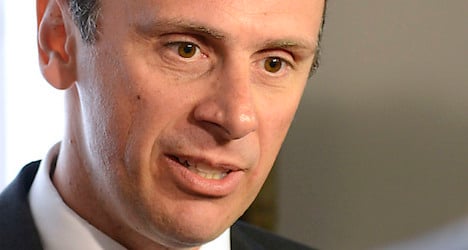Prior to a meeting of EU finance ministers on Tuesday in Brussels he told the Austrian Press Agency (APA) that such a tax would be "out of the question" for the ÖVP. He shared his colleagues' opinion within the Eurogroup that the tax-burden on labour was too high and that a tax relief was necessary.
The European Commission had called on Austria and ten other countries to reduce taxes on labour. However, this could only be obtained by a structural reform, Danniger said. Every euro saved by such a reform should be used to reduce taxes on labour, he added.
Danninger again warned that tax relief on the basis of new public debt would be "the worst way". That's why he also strictly opposed a property tax as wanted by the ÖVP's coalition partner the Social Democrats (SPÖ), saying that sustainable tax relief could only be achieved by structural reforms.
Austria has no property taxes, apart from stamp duty, a small tax incurred upon sale, unlike the UK which has some of the highest property taxes in the world.



 Please whitelist us to continue reading.
Please whitelist us to continue reading.
Member comments